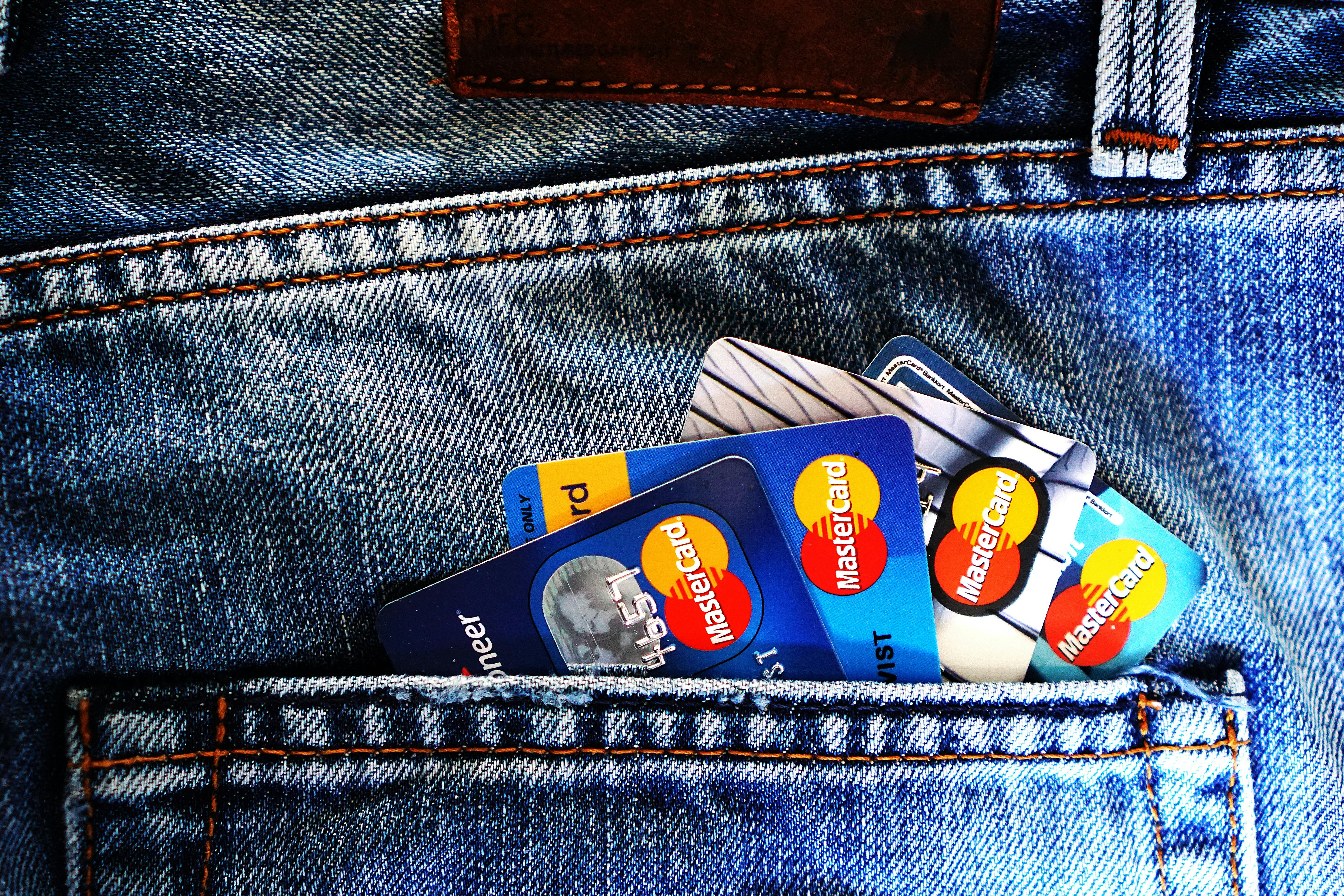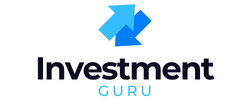In today’s fast-paced financial world, your credit score is your passport to better interest rates, loan approvals, and even housing or employment opportunities. Yet, most people only associate it with paying credit card bills on time or keeping debt low. But what if there were hidden factors stealthily influencing your score?
Let’s unveil the curtain on seven surprising things you didn’t know affect your credit score and learn how to navigate them smartly.
Table of Contents
Understanding Your Credit Score
A credit score is a three-digit number that gives lenders an idea of your creditworthiness. The higher it is, the more financially trustworthy you appear. The FICO score, which ranges from 300 to 850, is the most commonly used scoring model. It considers five primary factors:
- Payment History (35%)
- Credit Utilization (30%)
- Credit History Length (15%)
- Credit Mix (10%)
- New Credit Inquiries (10%)
While these are the obvious metrics, other subtler aspects also feed into this system.
The Role of Credit Bureaus
Three major credit bureaus—Equifax, Experian, and TransUnion—track your financial behavior. But here’s the twist: not all lenders report to all bureaus, and they can interpret the data differently. That’s why your credit score might vary slightly across platforms.
How Utility Bills Impact Your Score
Although utility payments like electricity and water were once considered “non-credit” items, modern credit reporting systems such as Experian Boost now include them. That’s a double-edged sword: paying on time helps; a missed payment can drag your score down.
Library Fines and Parking Tickets

It sounds bizarre, but yes—unpaid library fines or parking tickets can be sent to collections, appearing on your credit report. While they don’t originate from credit lenders, once in collections, they’re treated like any other delinquent debt.
Closing Old Accounts
Ironically, closing an old, paid-off credit card may harm your score. Why? It shortens your average credit age and may increase your overall credit utilization ratio, both of which can negatively affect your rating.
Credit Inquiries You Didn’t Authorize
While “soft pulls” (like checking your own credit) don’t hurt, unauthorized hard inquiries from companies or identity theft can lower your score. Always monitor your credit reports to spot any unauthorized activity early.
Medical Debt and Insurance Delays
Even if your insurance company delays a payment, the medical provider may report it to collections. These debts can significantly impact your score, even though you technically weren’t at fault.
Rent Payments Reporting
Landlords can now report your rent payments to credit bureaus using platforms like RentReporters or Rental Kharma. That means missing a rent payment might hurt your score just like missing a credit card bill.
Using Buy Now, Pay Later Services

BNPL platforms like Afterpay, Klarna, or Affirm may look harmless, but they can affect your credit score. If they report your repayment behavior, any late or missed payments could take a toll.
Employment History and Credit Checks
While your job title or salary doesn’t directly affect your score, certain employers pull credit reports for background checks. Too many of these inquiries—especially in a short span—could influence your credit indirectly.
Mix of Credit Types
Having only credit cards or only student loans doesn’t reflect well. A healthy mix of credit types—like mortgages, auto loans, and revolving credit—is considered a sign of responsible borrowing.
Divorce and Joint Accounts
You may be divorced legally, but if you still have joint accounts, your ex’s behavior can affect your credit score. Missed payments, defaults, or high utilization on shared credit lines are still your responsibility.
Co-Signing Loans You Don’t Own
When you co-sign a loan, you’re just as liable. If the primary borrower defaults or misses payments, it reflects poorly on your credit—even if you never spent a cent.
Dormant Credit Cards

Leaving a card unused for too long may cause the issuer to close the account, which reduces your available credit and may shorten your credit history.
Missed Subscriptions and Recurring Charges
Forgotten Netflix or Spotify charges on a canceled card? They may get flagged as missed payments and sent to collections if not addressed, tarnishing your report unexpectedly.
Errors in Your Credit Report
One of the most overlooked causes of a bad score is simple human error. Incorrect names, balances, or duplicate accounts can skew your data. Always review your credit report annually.
Fraudulent Activity or Identity Theft
A sudden drop in your score could be due to identity theft. Fraudulent accounts or loans opened in your name will drag your score down and cause significant damage if left unresolved.
Credit Score Changes During Mortgage Application
Applying for a mortgage often comes with multiple credit checks and temporary score dips. While this is normal, avoid applying for new credit during this sensitive period.
Late Payments on Non-Credit Items
Missed payments for things like gym memberships, magazine subscriptions, or cell phones may not seem like a big deal, but they can end up in collections.
Sudden Large Purchases

Even if you pay them off, large sudden purchases can spike your utilization ratio temporarily. Lenders may see this as a sign of financial instability.
Overuse of Store Credit Cards
Store cards may have lower limits and higher interest rates, making it easier to max out quickly. Frequent usage or even a few missed payments on them impacts your score severely.
Credit Boost Services and Their Pitfalls
Tools like Experian Boost or UltraFICO promise to improve your score. While they can work in your favor, overreliance may present an incomplete picture to lenders.
Student Loans in Deferment
Even though they’re not active, deferred student loans still appear on your report and influence your debt-to-income ratio, which lenders consider during loan approvals.
High Credit Utilization Without Being Over Limit
If you’re constantly using 80-90% of your limit, even without crossing it, it reflects poorly. Keeping usage below 30% is ideal for score health.
Changing Your Credit Limit
While increasing your credit limit can help reduce your utilization, lowering it might have the opposite effect. Think twice before adjusting limits.
Tips to Monitor and Improve Your Score
- Check your credit report at least once a year
- Set up payment reminders
- Avoid unnecessary credit checks
- Keep old accounts open
- Use credit wisely and diversify
FAQs
Can checking my own credit score lower it?
No, this is considered a soft inquiry and doesn’t affect your score.
Do unpaid medical bills hurt your credit?
Yes, if they go to collections, they impact your score significantly.
Is it bad to have too many credit cards?
Not necessarily. It depends on how you manage them and your credit utilization.
Does paying rent help your credit score?
Yes, but only if your landlord reports it or you use a third-party service.
Are Buy Now, Pay Later services considered loans?
Yes, they can be reported to credit bureaus and affect your credit.
Why did my score drop after paying off debt?
Paying off a loan can reduce your credit mix or lower your average credit age.
Conclusion
Maintaining a healthy credit score isn’t just about paying bills on time. It’s about knowing all the invisible threads woven into the credit web. From unpaid subscriptions to co-signed loans, understanding the 7 things you didn’t know affect your credit score can be the difference between financial freedom and credit chaos. Stay proactive, stay informed, and protect your credit like the asset it is.


